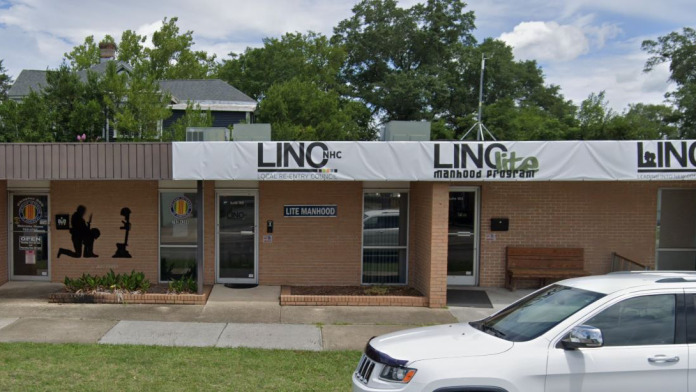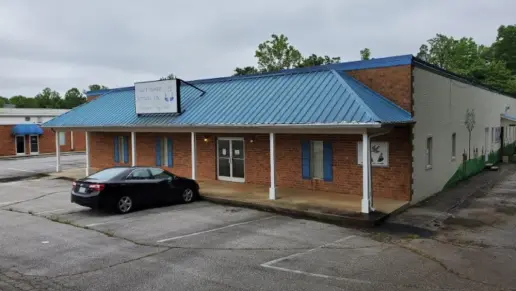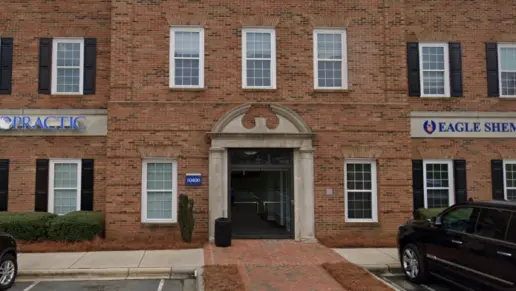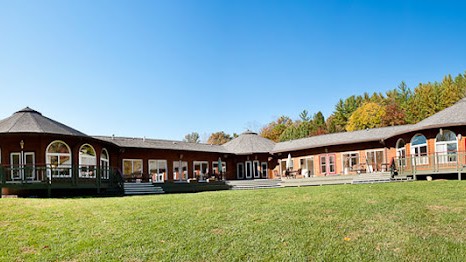About NHC Local Reentry Council – LINC
Renowned for beautiful beaches and Southern hospitality Wilmington, North Carolina is also home to NHC Local Reentry Council – LINC. This nonprofit organization serves as a liaison for men and women of all ages returning from incarceration. You can access connections to essential services and resources to reduce recidivism and promote long term recovery.
With a goal of decreasing returns to jail their programs link you to case management services and transitional living options. While voluntary adults can receive services, they prioritize those currently in prison.
They accept referrals from parole officers, justice officials, other LINC programs, nonprofits and more. You can access vital support including educational assistance, housing and transportation.
A Guided Path to Reintegration and Recovery
What stands out most to me is their Cognitive Behavioral Intervention (CBI) program. This program offers group sessions for people in the criminal justice system battling opioid use disorder.
You can access essential resources and guidance to transition from incarceration successfully. Classes are available in person and virtually to seamlessly fit treatment into your schedule. You must complete eight sessions before applying for Local Reentry Council assistance.
Building a Strong Recovery Foundation
Another great feature I noticed was their transitional living campus. You can access residential reentry programs with intensive case management, educational support, addiction treatment, job training and more. These tracks take a holistic approach to healing, ensuring you receive strength based care to meet your unique needs.
Their Jail Diversion housing also really stood out. This program provides housing for people in the criminal justice system who are employed and experiencing housing insecurity. You can live on campus for up to six months. I think this helps you have time to build stability for a successful life after incarceration.
Rehab Score
Gallery

Location
Other Forms of Payment
Self-pay involves paying for treatment out of your own pocket. You can use savings or credit, get a personal loan, or receive help from family and friends to fund your treatment. If you don't have insurance or your insurance plan doesn't cover a specific program, self-pay can help ensure you still get the care you need.
Private insurance refers to any kind of healthcare coverage that isn't from the state or federal government. This includes individual and family plans offered by an employer or purchased from the Insurance Marketplace. Every plan will have different requirements and out of pocket costs so be sure to get the full details before you start treatment.
Medicaid is a state based program that helps lower-income individuals and families pay for healthcare. Medicaid covers addiction treatment so those enrolled can use their coverage to pay for rehab. When a program accepts Medicaid the client often pays very little or nothing out of their own pocket.
Medicare is a federal program that provides health insurance for those 65 and older. It also serves people under 65 with chronic and disabling health challenges. To use Medicare for addiction treatment you need to find a program that accepts Medicare and is in network with your plan. Out of pocket costs and preauthorization requirements vary, so always check with your provider.
Addiction Treatments
Levels of Care
Treatments
The goal of treatment for alcoholism is abstinence. Those with poor social support, poor motivation, or psychiatric disorders tend to relapse within a few years of treatment. For these people, success is measured by longer periods of abstinence, reduced use of alcohol, better health, and improved social functioning. Recovery and Maintenance are usually based on 12 step programs and AA meetings.
There are many types of drug rehab in North Carolina. To receive treatment for addiction, you can choose from many inpatient and outpatient programs. Often, participants start with detox and work through a full continuum of care that continues with ongoing support for long-term recovery.
A combined mental health and substance abuse rehab has the staff and resources available to handle individuals with both mental health and substance abuse issues. It can be challenging to determine where a specific symptom stems from (a mental health issue or an issue related to substance abuse), so mental health and substance abuse professionals are helpful in detangling symptoms and keeping treatment on track.
Programs


Clinical Services
Group therapy is any therapeutic work that happens in a group (not one-on-one). There are a number of different group therapy modalities, including support groups, experiential therapy, psycho-education, and more. Group therapy involves treatment as well as processing interaction between group members.
In individual therapy, a patient meets one-on-one with a trained psychologist or counselor. Therapy is a pivotal part of effective substance abuse treatment, as it often covers root causes of addiction, including challenges faced by the patient in their social, family, and work/school life.
Life skills trainings involve all the skills a person must have in order to function successfully in the world. These include time management, career guidance, money management, and effective communication. Truly successful addiction recovery is based on the ability to not only live substance-free, but to thrive. Life skills teaches the practical necessities of functioning in society, which sets clients up for success in life, and therefore sobriety.
Contact Information
20 North 4th Street
Suite 430
Wilmington, NC 28401


